Drug driving - don't risk it
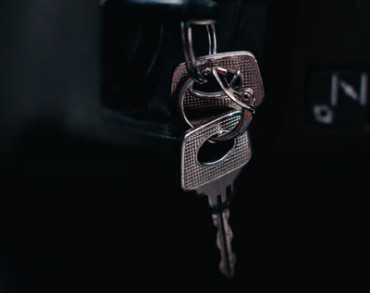

Car crashes happen suddenly and unexpectedly. A slowed reaction time from depressant drugs, or overconfidence from stimulant drugs, can add to the risks.
According to Waka Kotahi NZ Transport Agency, you’re 23 times more likely to be involved in a fatal crash if you're affected by alcohol, drugs or prescription medications when driving.
We sometimes hear people saying that cannabis makes you more cautious, or that a stimulant drug improves reaction times. The truth is that other negative effects mean these won’t be enough to keep you safe. The only solution is to not drive, or to come down and sleep before you drive.
What you need to know about drugs and driving
Your chances of having an accident are increased when driving under the influence of alcohol, drugs, or prescription medications.
Many prescribed medications (including some over-the-counter medications), and all recreational drugs such as alcohol, cannabis, methamphetamine or MDMA can cause impairment.
You can face criminal charges even if the substance you took was prescribed by a GP or supplied by a pharmacist. Drivers are required to ensure they are safe to drive at all times.
It’s important you talk with your GP or pharmacist about how the medications they have given you might affect your driving. Tell them honestly about anything else you are taking (like alcohol, cannabis or over-the-counter medications) because sometimes combining medications or combining them with recreational drugs can make the problem much worse.
Medications your GP or pharmacist might give you that may impair your driving can include:
- Strong painkillers
- Depression medications
- Heart medications
- Allergy/hay fever medications
- Sleeping pills
Sometimes medications for psychosis, epilepsy, addiction, nausea and anxiety can also impair your driving.
| Stay safer by staying informed. Sign up to receive alerts and notifications about any dangerous drugs in NZ. Check out the alerts page to see what we've already found. |
Always check for symptoms of impairment before you drive
It can be almost impossible to make a judgement about how impaired you are if you are already impaired. However, if you are having trouble thinking or speaking clearly, it’s safe to say you’re probably impaired. If there is any doubt, choose not to drive.
Other signs you shouldn’t drive can include:
- Feeling drowsy
- Blurred vision
- Headache
- Feeling weak
- Slowed reactions
- Dizziness
- Feeling sick
You can reduce the risks of driving while impaired by:
- Keeping an eye on how you feel after you first start taking a new medication.
- Talking to your GP or pharmacist about what time of day you should take your medication to avoid times when you are likely to drive.
- Avoiding alcohol if you are taking medication and want to drive.
Stop driving if you feel impaired, call someone to pick you up – or take a bus or taxi.
Don’t stop taking medication because you want to be okay to drive. Your medication is important to your health. Always speak to your GP or pharmacist if you have any concerns about your medication.
If you have any concerns about your own drinking or drug taking, get in touch with the Alcohol Drug Helpline on 0800 787 797, or text 8681. You’ll be able to speak with a trained counsellor who can provide you with helpful information, insight and support. They’re available 24/7, all calls are free and confidential. You can also chat to the team through their website.
This article originally appeared on the NZ Drug Foundation website.
Latest Articles
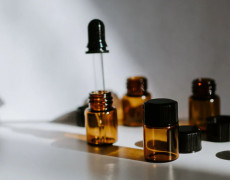
15 Apr 2024
Thinking of using GBL/GHB?
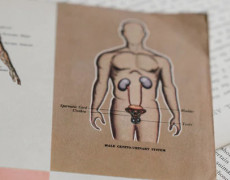
12 Apr 2024
Ketamine and bladder damage – know the risks
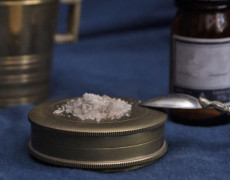
8 Mar 2024
Synthetic cathinones explained
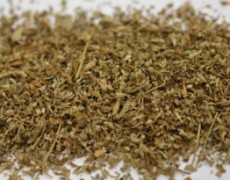
22 Feb 2024
What’s happening with synthetic cannabinoids?
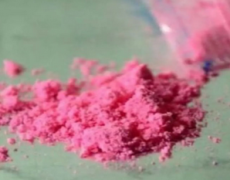
31 Jan 2024
What is tuci?
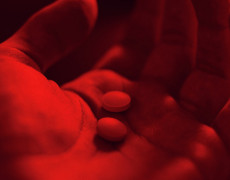
19 Jan 2024
Answering some common questions about MDMA

10 Jan 2024
Understanding the risks of the comedown

5 Jan 2024
Looking after your mental health

15 Dec 2023
Tips for a safer night out
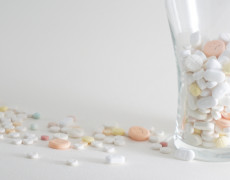
12 Dec 2023
To mix it is to risk it
